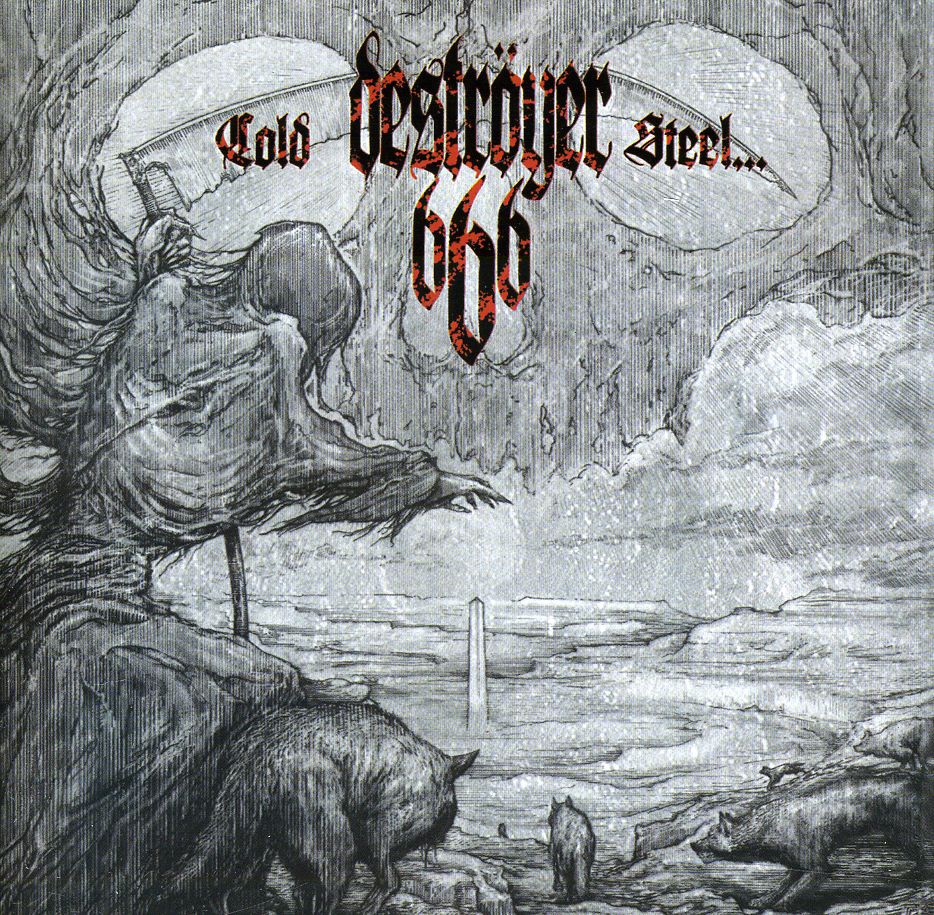
The thoroughly updated second edition of this dynamic and thoughtful collection focuses on the issues that have shaped American higher education in the past decade.
Essential Documents in the History of American Higher Education, designed to be used alongside John R. Thelin's A History of American Higher Education or on its own, presents a rich collection of primary sources that chart the social, intellectual, political, and cultural history of American colleges and universities from the seventeenth century to the present. The documents are organized in sections that parallel the chapters in A History both chronologically and thematically, and sections are introduced with brief headnotes establishing the context for each source.
This updated edition of Essential Documents focuses on the issues that have shaped American higher education in the past decade, from congressional investigations into endowments and court cases about paying student-athletes to accounts of campus protests over racial discrimination and adjuncts struggling in the gig economy. From the successful fund-raising campaigns of 2014 to the closing of campuses because of the COVID-19 pandemic of 2020, the book also includes
- a new tenth chapter, Prominence and Problems: American Higher Education since 2010, and an updated introduction;
- a number of landmark documents, including the charter for the College of Rhode Island (1764), the Morrill Land Grand Act (1862), the GI Bill (1944), and the Knight Commission Report on College Sports (2010); and
- lively firsthand accounts by students and teachers that tell what it was like to be a Harvard student in the 1700s, to participate in the campus riots of the 1960s, to be a female college athlete in the 1970s, or to enroll at UCLA as an economically disadvantaged Latina in the 1990s.
Thelin even stretches the usual bounds of documentary sources, incorporating popular pieces by Robert Benchley and James Thurber on their own college days as well as an excerpt from Groucho Marx's screwball film Horse Feathers. What emerges is a complex and nuanced collection that reflects the richness of more than three centuries of American higher education.







